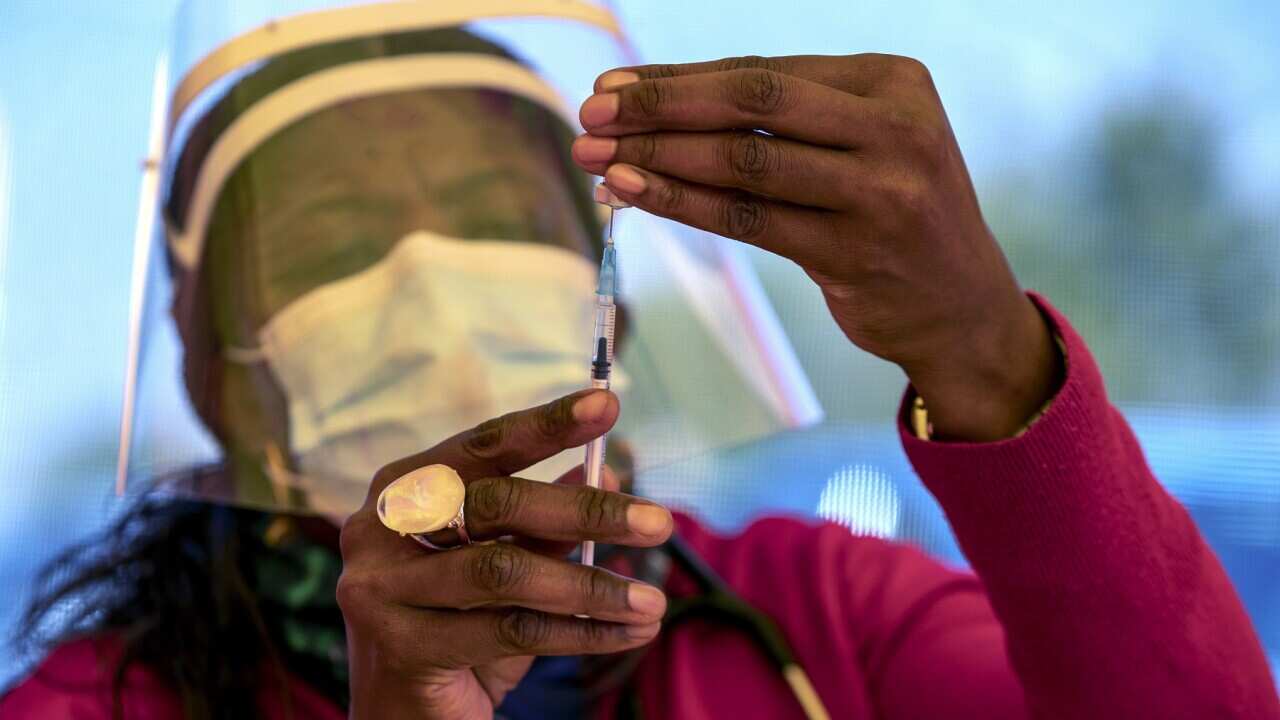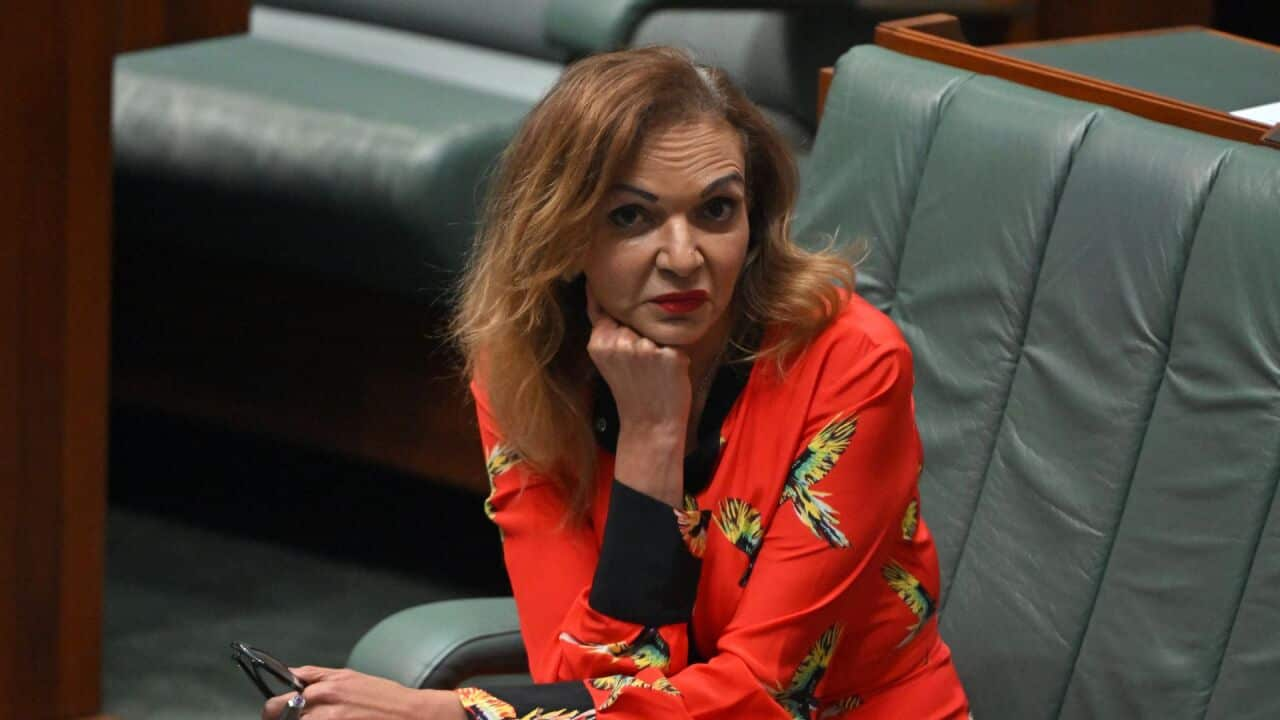Public health experts and humanitarian groups are calling for money, increased production and logistical support to help developing countries where the virus is still raging.
Lily Caprani, head of COVID-19 vaccines advocacy for UNICEF, says vaccines are needed immediately as supplies are short.
"We want to see them commit to start the doses arriving from June immediately and over the course of June, July, August, when we know that our supplies are so, so short that they prioritise getting the doses flowing now and steadily all the way through the year. What we don't want is for there to be lots of grand statements and commitments not backed up by detailed plans and not backed up by timelines."
While almost half of the combined population of the G-7 nations has received at least one dose of vaccine the worldwide figure is less than 13 per cent.
The COVID-19 pandemic is forcing children into the labor market in Venezuela as schools close and families struggle to make ends meet amid a second wave of infections.
Child protection activist Carlos Trapani says the pandemic has added to the risk factors for child labor.
"We are worried how violence and family tensions have increased. The closure of schools has exacerbated the difficult conditions for children. One of the things that worries us the most is that those risk factors have pushed children to work in order to survive."
Listen to this podcast in Punjabi by clicking on the audio icon in the picture above.
People in Australia must stay at least 1.5 meters away from others. Check your state’s restrictions on gathering limits.
If you are experiencing cold or flu symptoms, stay home and arrange a test by calling your doctor or contact the Coronavirus Health Information Hotline on 1800 020 080. News and information is available in 63 languages at sbs.com.au/coronavirus
Listen to SBS Punjabi Monday to Friday at 9 pm. Follow us on Facebook and Twitter.




